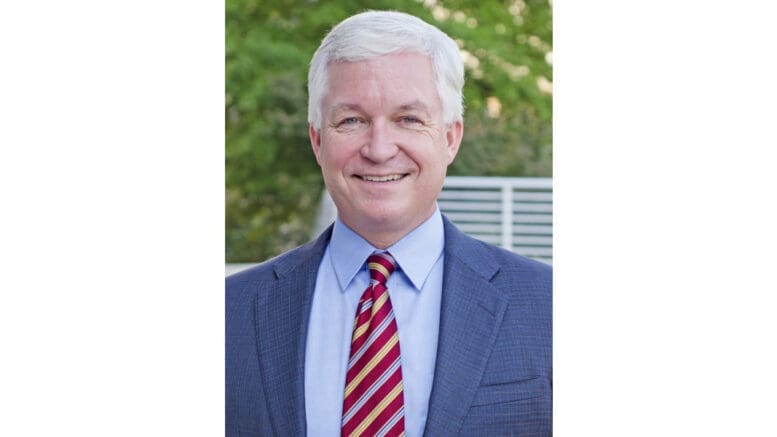by Dr. Joe Thompson
You may have heard Arkansas mentioned in recent conversations coming out of the Georgia General Assembly. That’s because some Georgia legislators are looking to my home state as a possible model for expanding Medicaid — something that at this point only 10 states, most of them in the South, have refused to do.
The Arkansas model is appealing to some in Georgia who hope it could finally overcome more than a decade of political opposition to Medicaid expansion. Polls routinely indicate that most Georgians support expanding Medicaid, and more than 400,000 Georgians would be eligible for expanded coverage, according to the Kaiser Family Foundation, yet the policy option has been a nonstarter in the General Assembly.
But the ice may be thawing. In November, state House members in Georgia brought in Republican state Sen. Missy Irvin to discuss Arkansas’ novel approach to Medicaid expansion and why the Republican-controlled Arkansas General Assembly has stuck with the program, reauthorizing it with a supermajority vote every year.
I was Arkansas’ surgeon general in 2013 when the state proposed and received federal approval for an innovative program that uses federal Medicaid expansion funds to purchase private health plans for people earning up to 138% of the federal poverty level. Known in its early years as the “Private Option” and now as Arkansas Health and Opportunity for Me, or ARHOME, the program currently provides coverage to more than 200,000 Arkansans.
Since coverage began in January 2014, more than 718,000 Arkansans — nearly a fourth of the state’s population — have been enrolled in Arkansas’ Medicaid expansion program at some point.
The program’s use of private insurance helped it win support from many conservative lawmakers who opposed adding more people to the state-run Medicaid program. But it wasn’t just a political compromise; the program has reaped numerous benefits for the state, including:
- Our uninsured rate, which had been one of the highest in the nation, decreased by more than half.
- Uncompensated care costs at Arkansas hospitals also decreased by more than half, which has helped struggling rural hospitals keep their doors open. Since 2012, no rural hospital in Arkansas has closed without being reopened or replaced with another hospital; in the same period, 58 rural hospitals in the six states surrounding Arkansas have permanently closed. Eight in Georgia have closed, according to the Cecil G. Sheps Center for Health Services Research at the University of North Carolina at Chapel Hill.
- Arkansas has enjoyed a stable insurance market and lower premium increases than most states have experienced. The state chose to enroll people who are medically frail in traditional Medicaid, resulting in an expansion population that is relatively young and healthy — and low-risk for insurers to cover. Since 2017, Arkansas has had lower average marketplace premiums than any of the surrounding states.
- The federal government pays 90% of expansion costs, which means that Arkansas has received billions of dollars in federal funding to provide needed health care coverage to its low-income residents. In fiscal year 2022 alone, Medicaid expansion brought $2.5 billion in federal funding into Arkansas, according to an analysis by the Kaiser Family Foundation.
- Arkansas’ 10% share of expansion costs is more than offset by the program’s economic benefits. A consultant hired by the state to estimate the economic impacts of expansion concluded in 2016 that the program would have a positive impact of $757 million on state coffers between 2017 and 2021 through a combination of reduced state expenditures and increased tax revenues.
It’s no wonder that Medicaid expansion is getting new traction in Georgia. The state now has the third-highest uninsured rate in the nation, according to U.S. Census Bureau data. Perhaps the polls show popular support for expansion in Georgia because voters would rather see their federal tax dollars providing health care coverage to the uninsured, shoring up struggling hospitals and boosting the economy right there in Georgia instead of going to other states.
Joe Thompson, M.D., M.P.H., is president and CEO of the Arkansas Center for Health Improvement and was Arkansas’ surgeon general under Govs. Mike Huckabee (R) and Mike Beebe (D).
